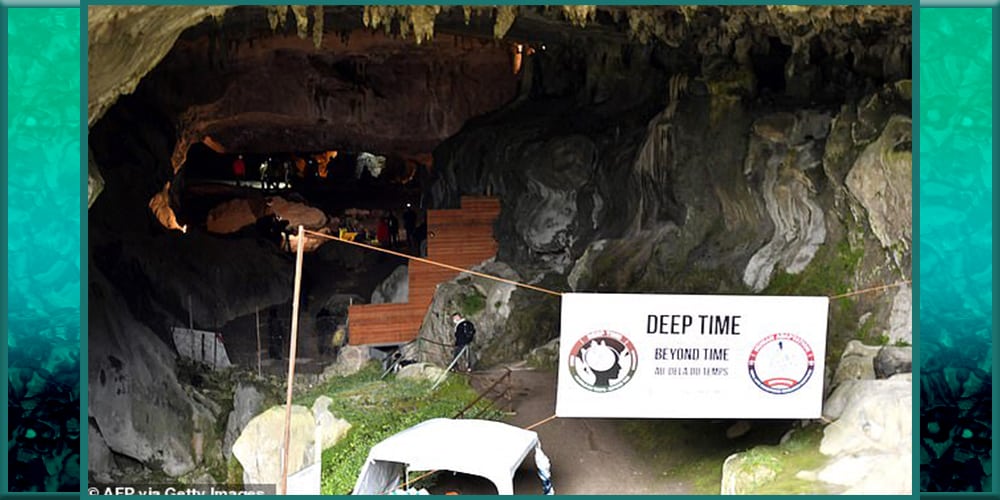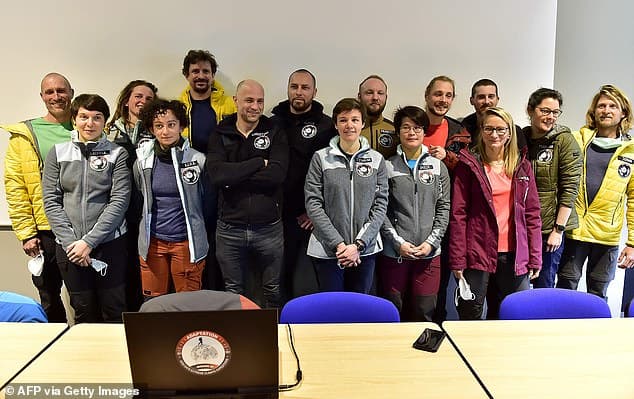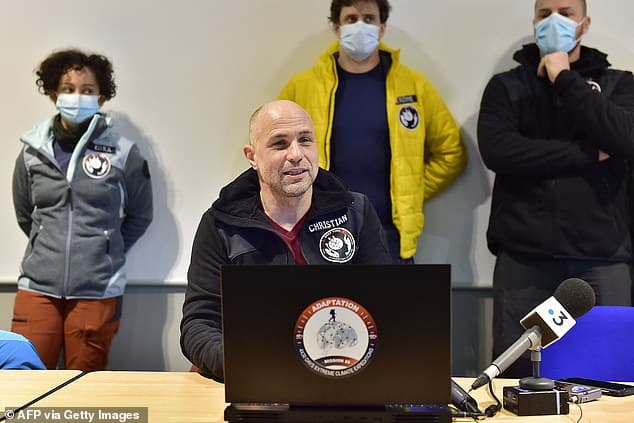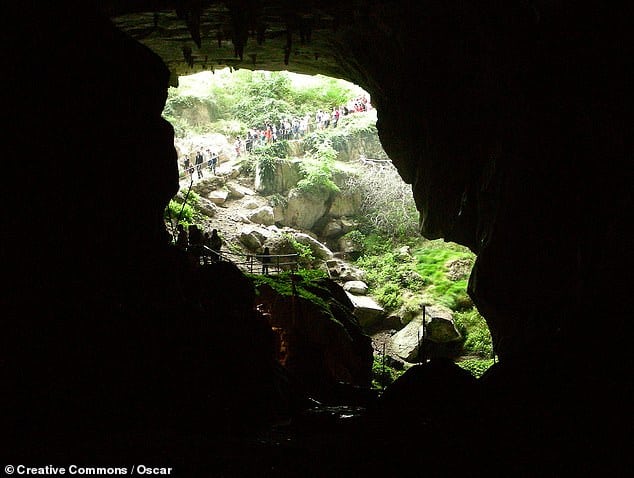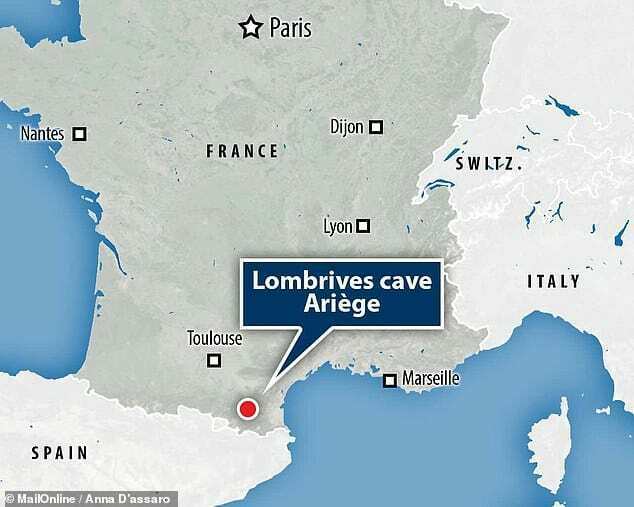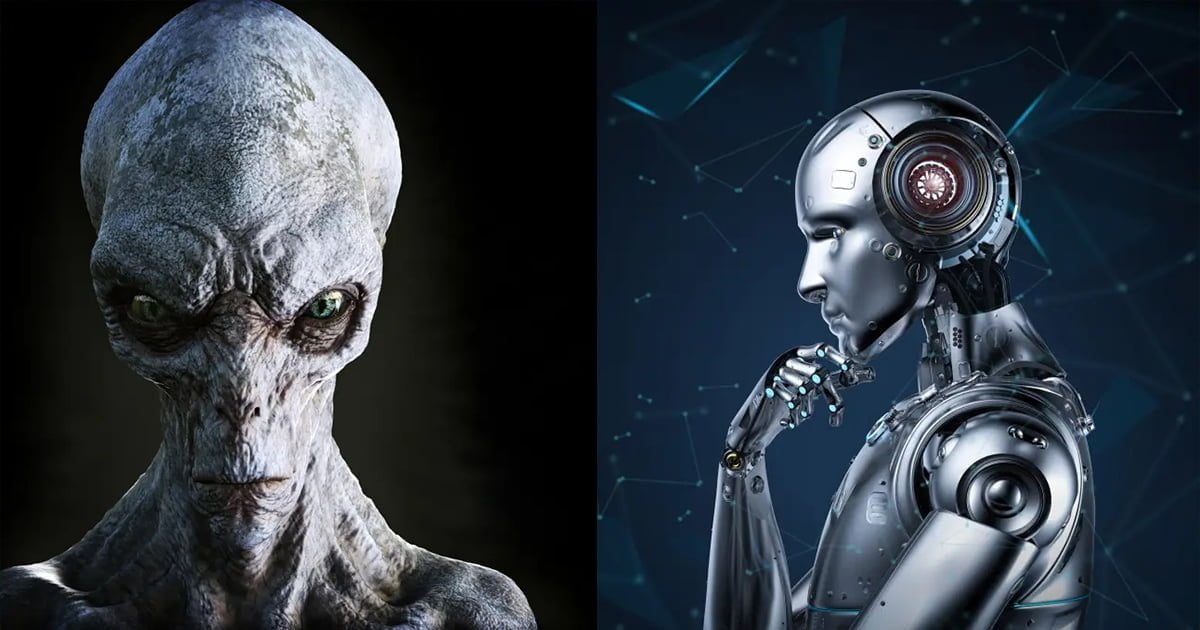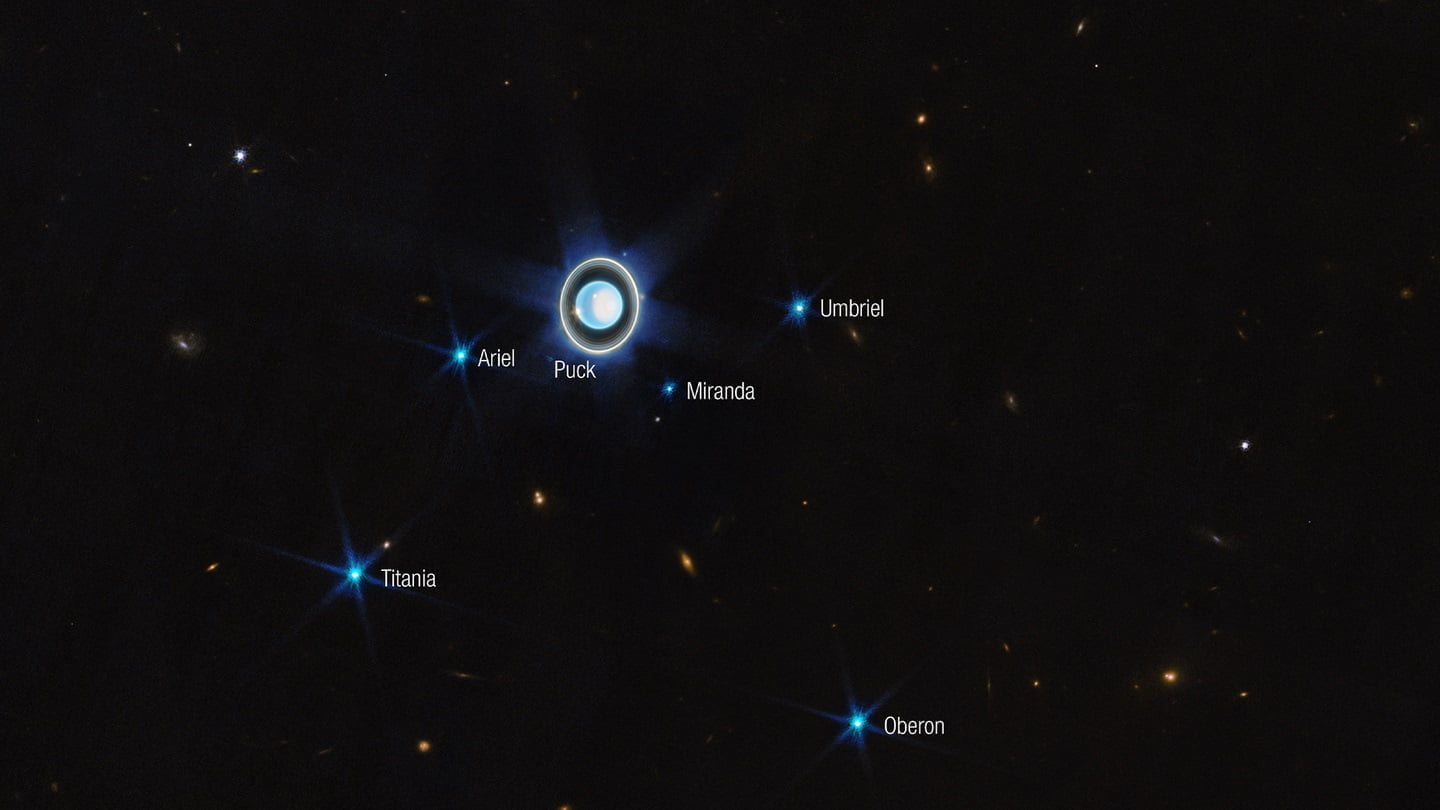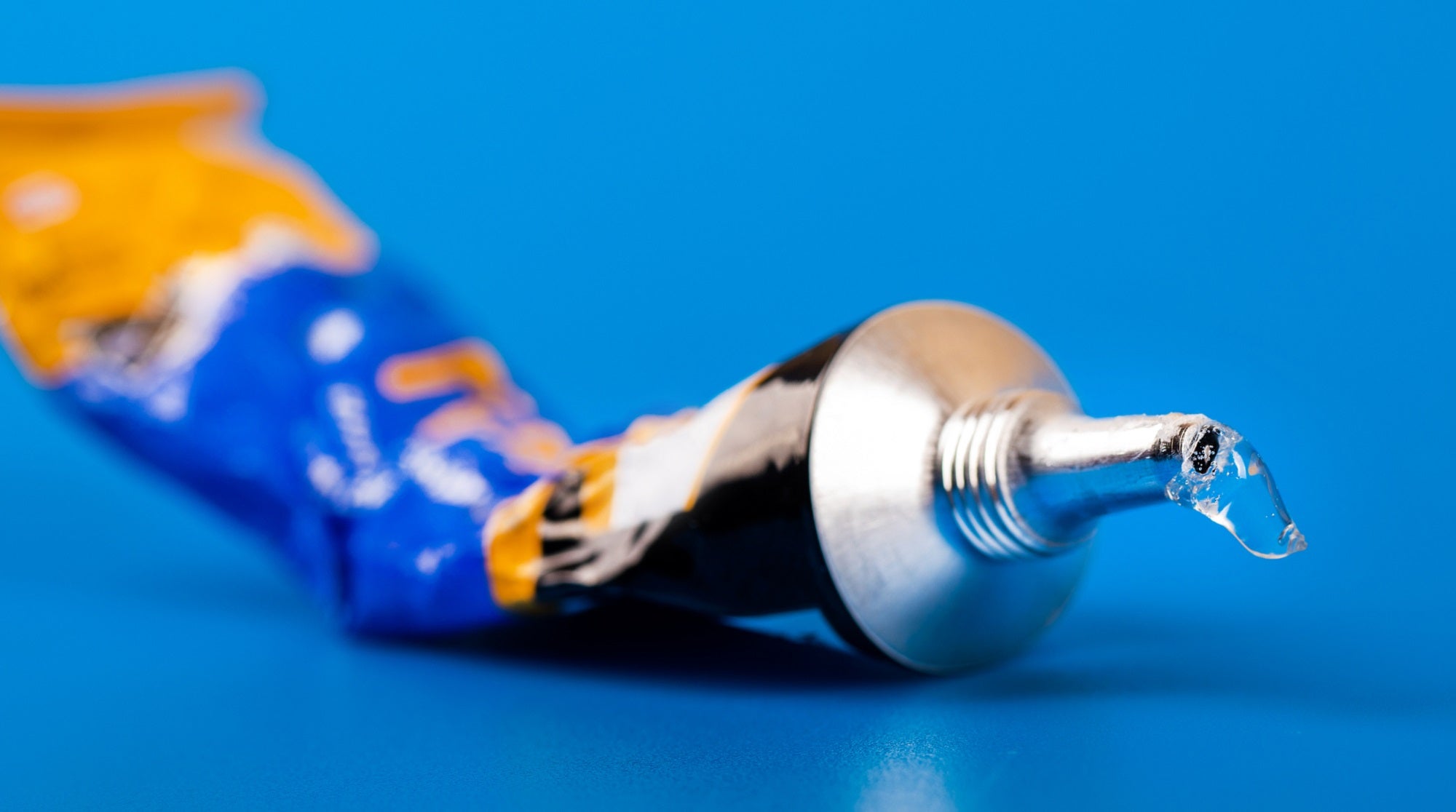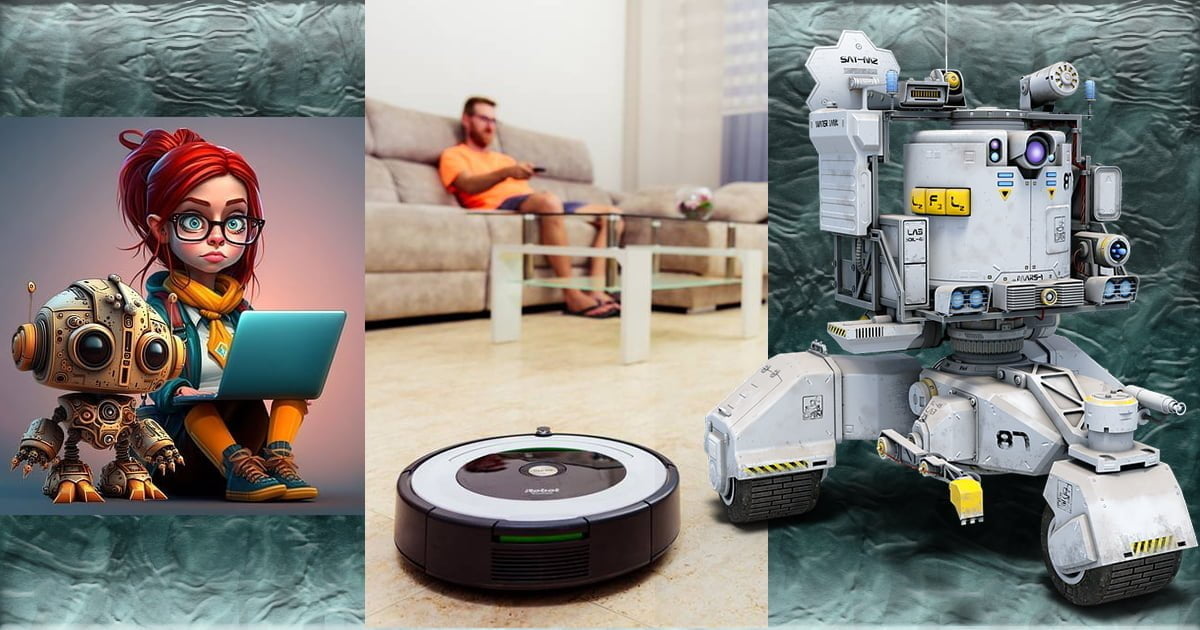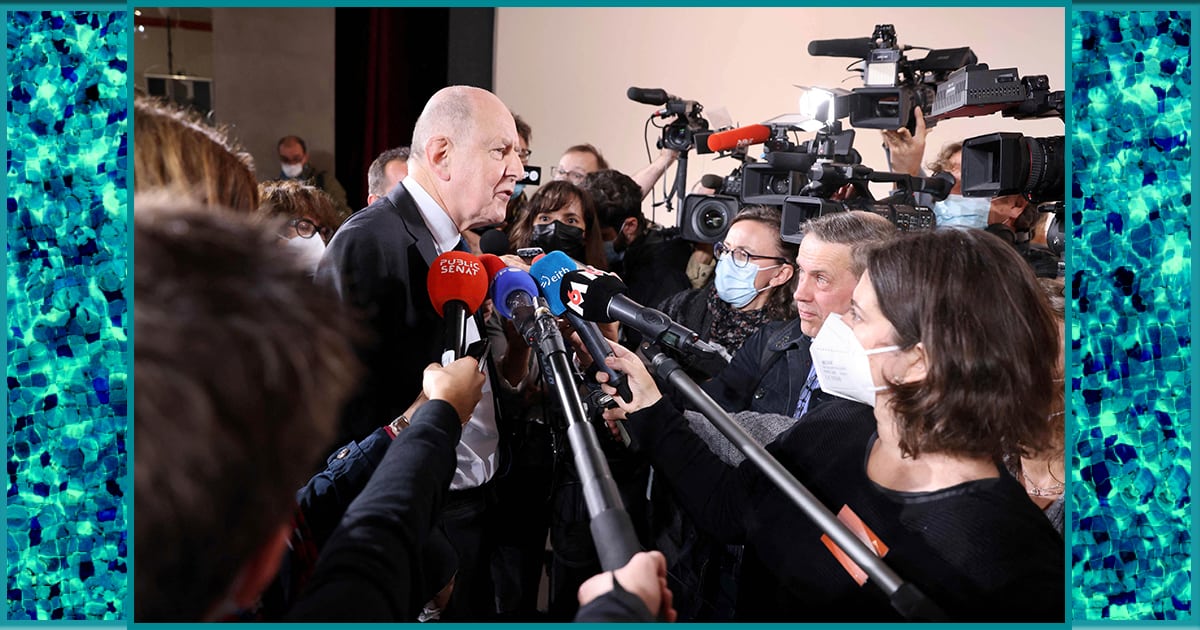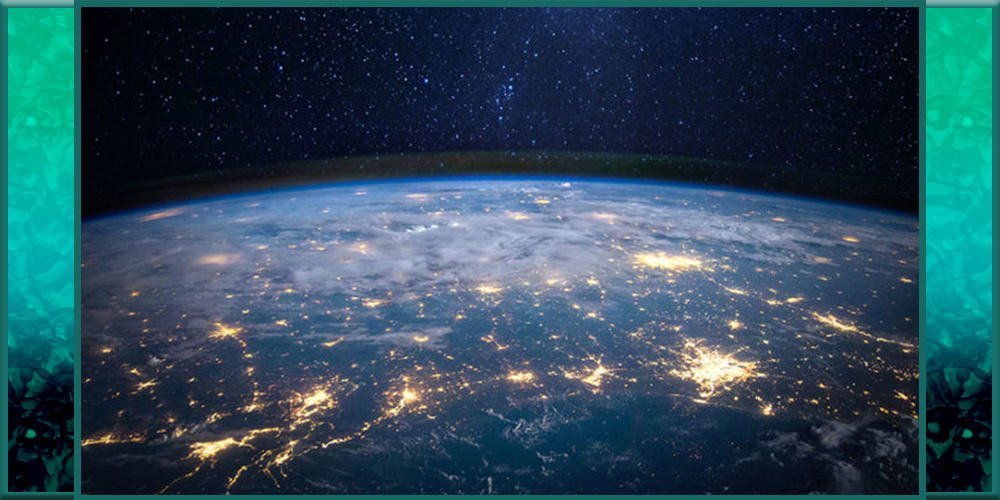Psychology experiment will see 15 people trapped in a cave for 40 days without sense of time
(The AEGIS Alliance) – Would you agree to stay in a cave for 40 days, surrounded by people who are strangers to you and also without any access to natural light, a phone, or a watch, simply for the purpose of scientific research?
An extreme world’s first experiment will see 15 individuals do just that, in order to discover the impacts on the body of long-lasting seclusion without any idea of time.
The French volunteers, that are not being compensated for their involvement, ranging from ages 27 to 50 and consist of a biologist, a jeweler, and also a mathematics instructor.
Sequestered in the Lombrives cave in Ari ège, the group has 4 tons of supplies to survive on together with water from the cavern as well as a pedal-driven machine for electrical power.
Mission leader Christian Clot, that is among the team members, was motivated to organize the experiment after seeing just how the COVID-19 pandemic brought isolation into our lives.
However, the explorer has faced criticism in the French media since he presumes the title of ‘researcher’ while having no official scientific training.
The ‘Deep Time’ experiment started at 20:00 regional time on Sunday, March 14 and if all goes to plan, will be wrapping up on April 22.
The findings of the project may be pertinent to future space missions, submarine crews, mining teams as well as various other scenarios where people are confined for extended periods of time.
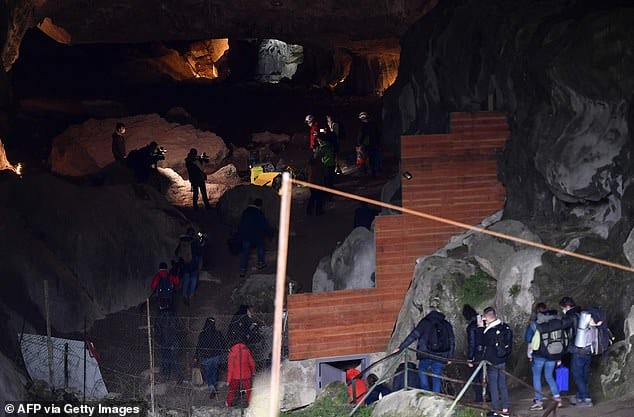
THE INTREPID ‘DEEP TIME’ TEAM MEMBERS
- Age 49 Christian Clot – Mission Leader
- Age 29 Arnaud Burel – Biologist
- Age 37 Johan Fran çois – Teacher
- Age 37 Nicole Hueber – Geoscientist
- Age 47 Damien Jemelgo- Technician
- Age 29 Emilie Kim-Foo – Nurse
- Age 50 Marie-Caroline Lagache – Jeweller
- Age 33 – Marina Lan çon – Trek Guide
- Age 35 Francois Mattens – Director
- Age 42 Alexis Monseigny – Unemployed
- Age 43 Jerome Normand – Anaesthetist
- Age 31 Margaux Romand-Monnier – Neuroscientist
- Age 30 Kora Saccharin – Analyst
- Age 29 Martin Saumet – Scientific Mediator
- Age 32 Tiphaine Vuarier – Therapist
“Losing time is the greatest disorientation there is, and it is this aspect that the Deep Time mission wants to better understand,” the team stated.
“During certain events, our perception of time is altered — it seems to pass very slowly or very quickly, unrelated to the reality of each passing second.”
“What happens then? How to find the sense of time? What are the connections between cognitive and biological time, between the brain and genetic cells?”
“What is the relationship between perceived time and normative time, that of our watches? How does our brain see time?”
To address these inquiries, the project leaders have claimed that the fifteen individuals will be kept track of by a dozen-strong group of researchers on the surface utilizing information gathered by an array of sensing units.
One of the individuals, age 29 Arnaud Burel said to Oddity Central that he consented to participate in the unusual experiment in order “to taste this timeless life, which is impossible outside with our computers and mobile phones that constantly remind us of our appointments and obligations.”
But the biologist added he’s agreed that investing almost 6 weeks constrained inside a cavern with 14 complete strangers would certainly not be very easy which he really felt interaction would be crucial to guaranteeing their time with each other goes smoothly.
In the Lombrives, the biggest cave in Europe by volume, the group will be required to adjust to the continuous 54 ° F( 12 ° C) temperature level as well as 95 percent humidity.
In the cavern, “3 different living spaces have been arranged, one for resting, one for living, and one for performing research studies on the topography of the area, particularly the vegetation and also animals,” Clot informed Le Parisian.
The experiment has been funded by a total amount of EUR 1.2 million (₤ 1 million) from both public and private financing resources.
“Until now, all missions of this type focused on the study of the physiological rhythms of the body, but never on the impact of this type of temporal rupture on the cognitive and emotional functions of the human being,” Clot said to 7 Sur 7.
More details about the experiment are located on the Deep Time website.
